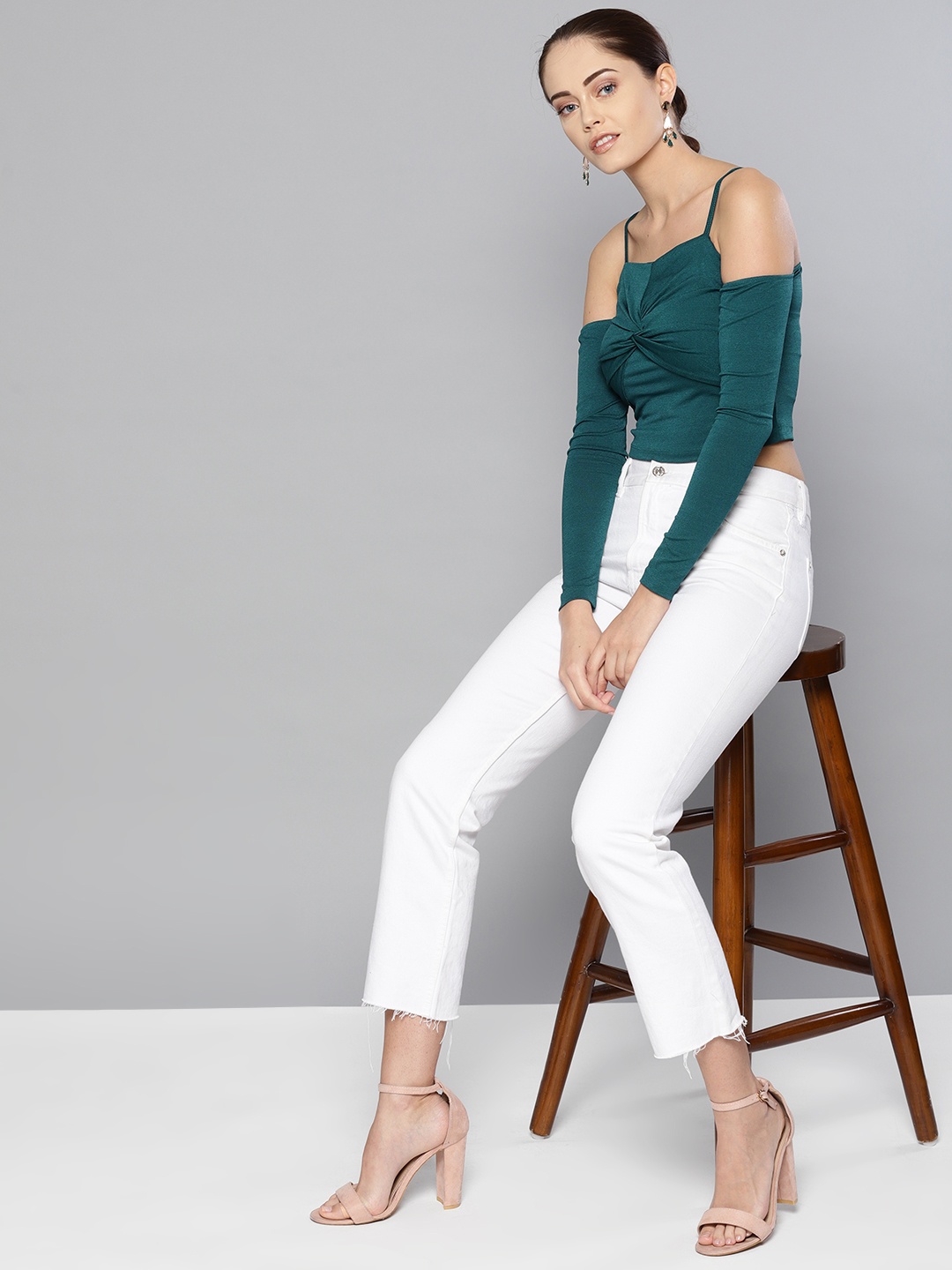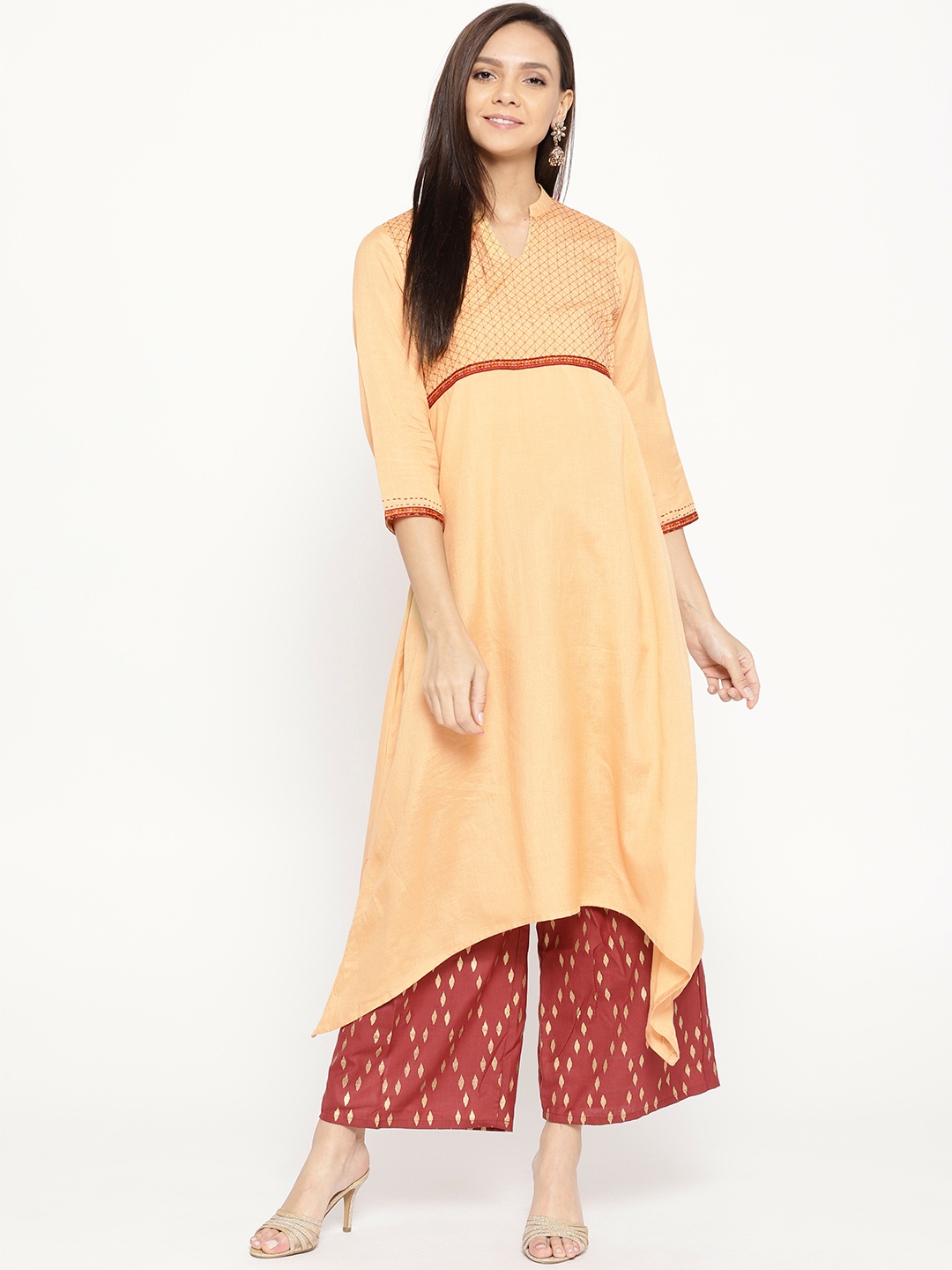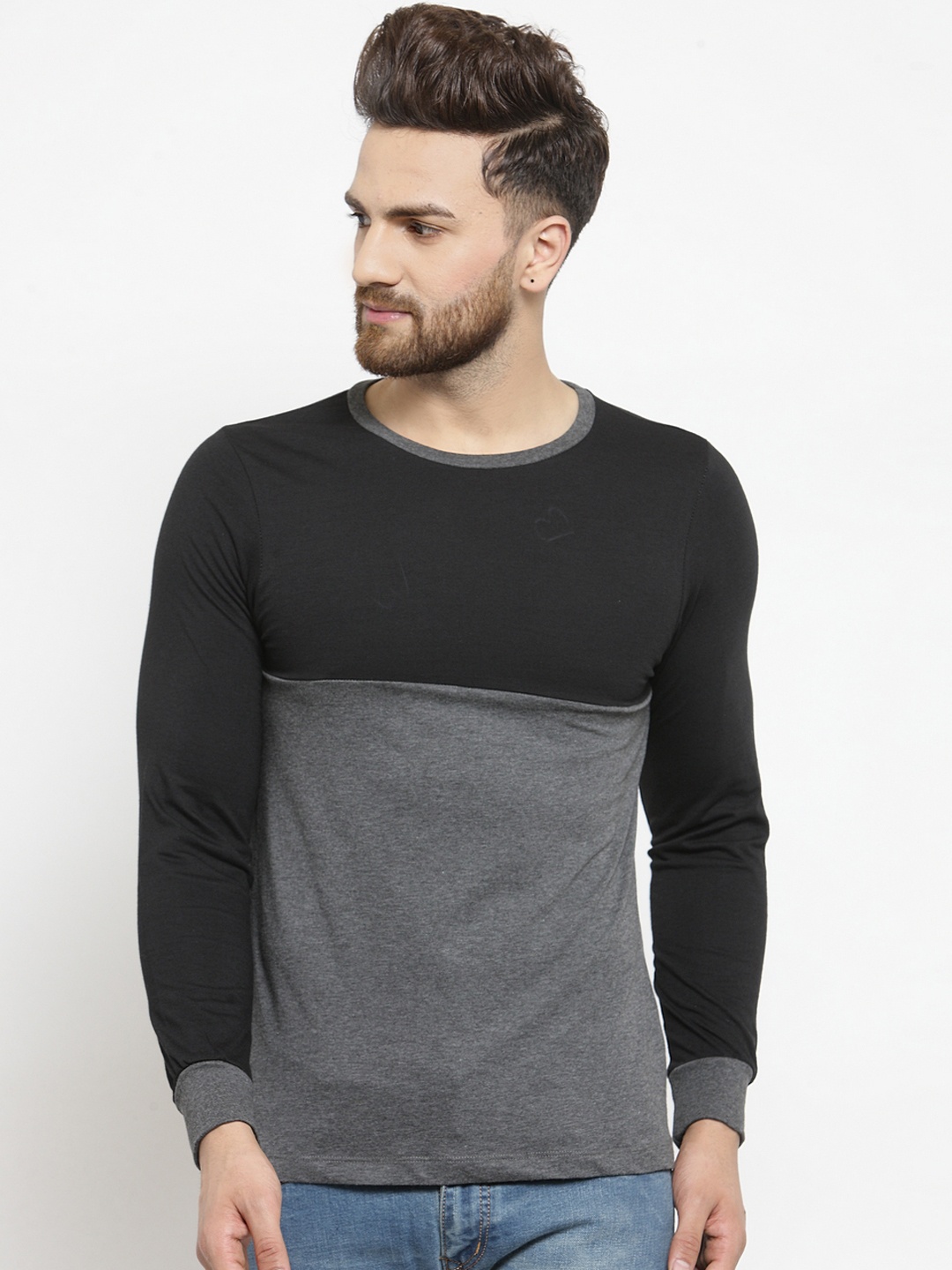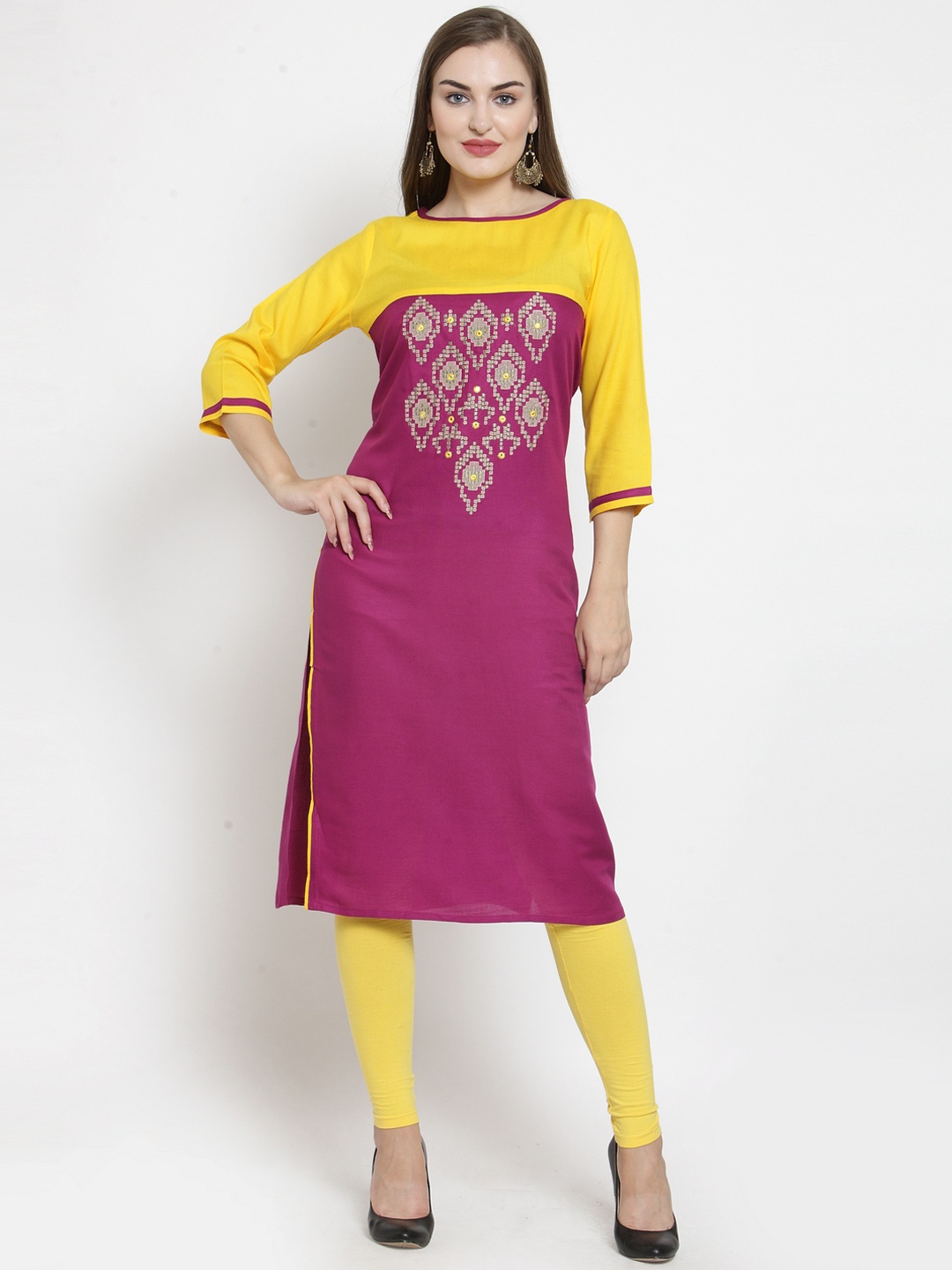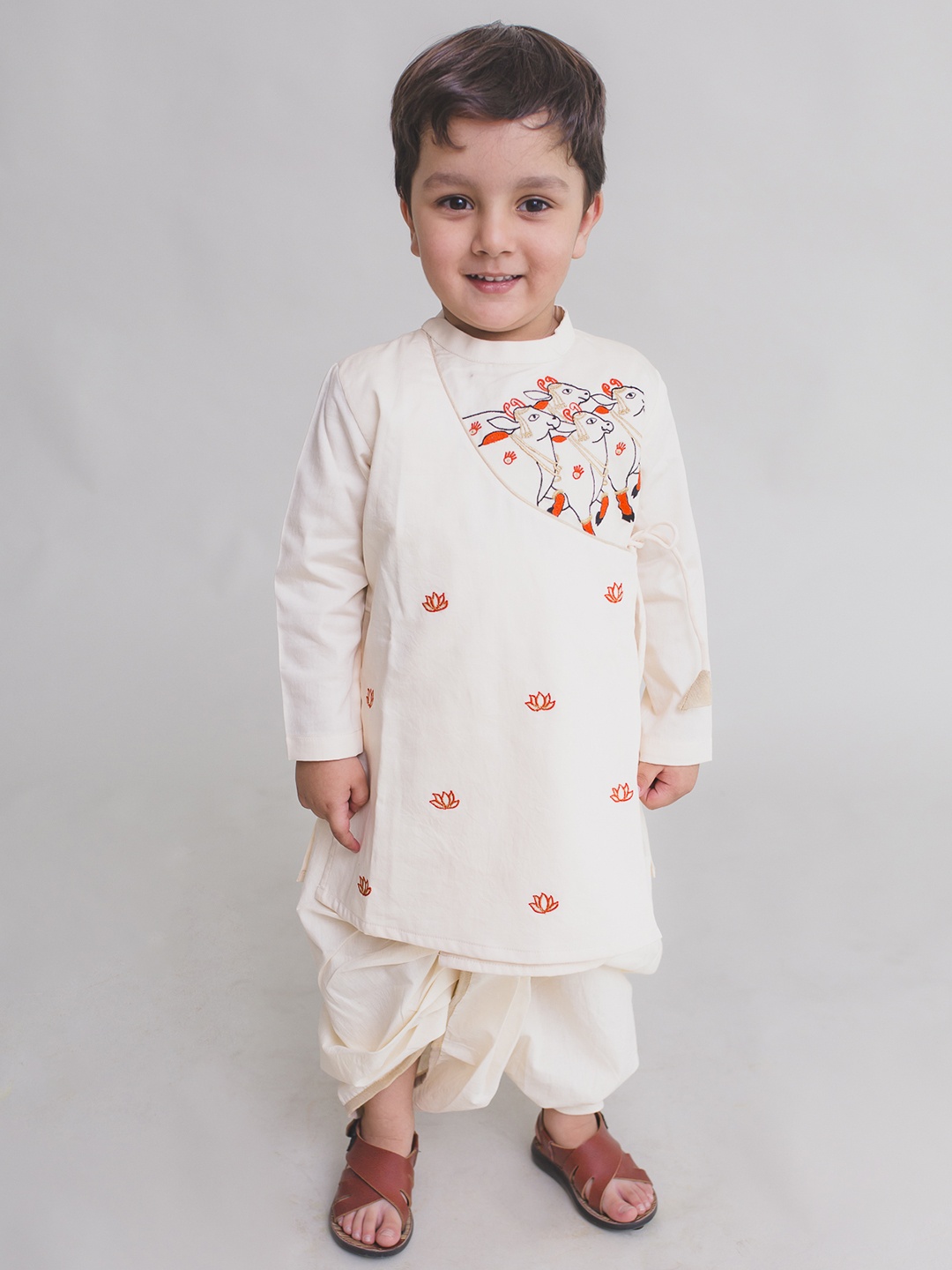Why Your Windcheater Might Be Useless Without These 10 Features
A windcheater might look stylish and make a grand entry on your reel, but without key features, it is about as helpful as a sieve in a monsoon. From unexpected showers to sudden monsoon gusts, this is why your jacket needs more than just a zip.

Why Most Windcheaters Fail In Real Rain: And How To Pick One That Works
There's a strange confidence people feel when they zip up a windcheater. It's that sense of preparedness, like nothing, neither wind nor rain, can touch them. But here's the kicker: most windcheaters fall short just when they're needed the most. What looks sharp in shop windows often turns useless on a soaked street or a blustery bus stop.
Choosing the right windcheater isn't about brands or bold colours. It's about those hidden details, things that make the difference between staying dry or dripping, comfy or clammy. Whether it's for sudden Mumbai downpours or breezy bike rides in the hills of Coorg, knowing what to look for can save you both misery and money.
So, before tossing ₹2,000 or more on a jacket just because it ‘looks nice', here's what matters. Let's dig into the features your windcheater must have, or risk becoming that regret sitting in your wardrobe.

Rainy Day Ready: Why Windcheaters Disappoint and How to Select One That Truly Works; Photo Credit: Pexels
1. Waterproof Is Not the Same as Water-Resistant
Picture this: you're halfway to work on your scooter and the skies decide to pour. Your windcheater claims to be water-resistant, but five minutes in, you're soaked like a sponge in a sink. Here's the thing, water-resistant means it can handle a drizzle, not a full-blown shower.
What you actually need is a waterproof windcheater, preferably with a minimum rating of 5,000mm on the hydrostatic head scale. Sounds technical, but all it means is it can keep you dry even in steady rain. A good waterproof jacket often has sealed seams, which are essential for stopping water from creeping in through stitching lines.
Check the label or ask the seller, don't assume. That minor difference in wording could mean the difference between dry dignity and wet embarrassment on a monsoon morning.
2. Breathability: Because Trapped Sweat is a Mood Killer
Ever peeled off your jacket only to feel like you've stepped out of a sauna? That's what a non-breathable windcheater does, it turns you into your own weather system.
A proper windcheater should breathe. No, not literally. But it should let sweat escape without letting rain in. Look for jackets that use breathable fabrics like Gore-Tex or similar alternatives. If that's out of budget, even a polyester blend with mesh lining helps.
It matters more than you think, especially in humid cities like Chennai or Kolkata, where the rain feels warm and sticky. A non-breathable jacket will only make you feel heavier, wetter, and more irritable by the minute.
Also Read: Functional And Fashionable: Top 8 Ways To Style A Fleece Jacket
3. Adjustable Hoods: Because Wind Has a Mind of Its Own
If you've ever battled an umbrella on a windy street, you know how wild the wind can be. Now imagine your windcheater hood flying off your head every few seconds. Useless, right?
Adjustable hoods are non-negotiable. Drawstrings or Velcro fasteners around the face ensure the hood stays put when the wind howls. Some even come with brims that keep rain off your glasses or eyes, a small but welcome detail.
And don't fall for oversized hoods with no adjustment. They look dramatic in ads but collapse under real wind. A snug, secure hood can mean the difference between visibility and flailing blindly through the street.

Why Most Windcheaters Fail In Real Rain: And How To Pick One That Works; Photo Credit: Pexels
4. Zippers That Don't Betray You
Cheap zippers are silent saboteurs. They look innocent at first, then jam, break, or let water leak through right where it hurts, your chest.
Go for windcheaters with YKK zippers or equivalents. They cost a bit more, but they last longer and resist corrosion. Even better if they're covered with a storm flap, a strip of fabric that adds a second line of defence against water.
Metal zippers might seem sturdy, but they rust. Plastic ones can be durable and light, provided they're good quality. Run the zip a few times before buying, smooth operation is a sign of quality.
5. Seam Sealing: The Invisible Armour
Seams are the weak spots on any garment. If they're not sealed, water finds a way in, quietly, coldly, and always at the worst moment.
Taped seams (sometimes called seam-sealed) are a hallmark of a good windcheater. A thin waterproof tape is heat-bonded over stitching lines from the inside, preventing leaks. Without this, even a high-end jacket is just playing dress-up.
In places like Shillong or Darjeeling where it drizzles without warning, a jacket with unsealed seams can betray you mid-trek. Always flip the jacket inside out and inspect. You're not being fussy, you're being smart.
6. Lightweight But Durable: The Sweet Spot
Some windcheaters weigh as much as winter jackets. Others are so flimsy, you feel the wind through them. The trick is finding a middle ground.
A windcheater should be lightweight enough to carry around, yet tough enough to handle repeated use. Look for ripstop fabric, which resists tearing and stretching. It's perfect for travel, treks, or just unpredictable city weather.
Durability also means better value. A ₹1,500 jacket that lasts three monsoons beats a ₹700 one that gives up in a single season. Choose wisely, not cheaply.

Why Most Windcheaters Fail In Real Rain: And How To Pick One That Works; Photo Credit: Pexels
7. Inner Lining: The Comfort Layer
A windcheater that sticks to your skin is the clothing equivalent of a clingy friend. Annoying, suffocating, and better avoided.
An inner mesh or soft lining not only makes it more breathable but also comfortable to wear for longer hours. It prevents the plastic-y outer layer from sitting directly on your skin, especially useful when you're walking, riding, or just commuting during a sticky monsoon.
This small detail often gets overlooked in favour of looks or colour. But the lining decides whether your jacket feels like a wearable sauna or a second skin you don't mind living in.
8. Packability: Because No One Wants a Bulky Burden
Ever tried stuffing your windcheater into your laptop bag and ended up with a crumpled mess and no space for your lunchbox? We've all been there.
A good windcheater packs down into its own pocket or a small pouch. It's ideal for those who are on the go, think college students, office commuters, or bikers who need to be prepared but unburdened.
Packable windcheaters are lifesavers when skies go from sunny to stormy without warning. Keep one in your backpack and you're always ready. Plus, they make for great travel companions when you're unsure of the weather at your destination.
9. Reflective Strips: Safety After Sunset
Let's be honest, rainy weather and bad lighting are a dangerous combo, especially for two-wheeler riders and pedestrians.
Windcheaters with reflective detailing offer that extra bit of visibility during cloudy evenings or late-night walks. It may not seem like much during a sunny afternoon, but when you're walking along a dark roadside at 8 PM, that reflective stripe could be the reason a car sees you in time.
It's not about fashion, it's about function. You wouldn't go cycling in the rain without a helmet. This is your jacket's version of a safety belt.
10. Pockets That Make Sense
Pockets are often the unsung heroes of practical fashion. The placement, size, and
closure mechanism of windcheater pockets can make or break your experience.
Look for zippered or Velcro pockets to keep essentials safe and dry, especially phones, keys, or that ₹500 note stashed for emergency chai and samosas. Some even come with inner hidden pockets, which are a bonus for valuables.
Avoid jackets where the pockets are decorative. You're not buying runway fashion, you're braving real weather. Functional pockets keep your hands warm, your belongings safe, and your mood intact.
Products Related To This Article
1. CHKOKKO Men Polyester Winter Windcheater Sports Gymwear Zipper Standard Length Jacket ?
2. FTX Men Solid Full Sleeve Grey Color Regular Fit Windcheater Casual Jacket
3. women Jacket SUNSCREEN JACKET Women's Travel Nylon Solid Plain Sports Gym Workout Running Travel Trekking and jacket for Women
4. BoldFit Windcheater For Men Lightweight Jacket For Men Wear Polyester Bike Jackets For Mens Track Jackets For Man Regular Fit UV Protection Sunscreen Jacket Multipurpose Stylish - Maroon White XL
5. Tripole Men's Solid Regular Jacket
6. Plutus Men's Blue and Navy Blue Windcheater Jacket
7. YUNG GUN Men's & Boy's Full Sleeves Windcheaters For Winter Wear Zipper Jacket With Cap Windcheaters
8. Matelco Men's Windcheater Jacket
9. wildcraft Men Polyester Windcheater| Jacket
10. BLUE TYGA Sunscreen Jacket 2.0 - Advanced Protection from Sun & Pollution - UPF 50+ Protection
A windcheater isn't just a piece of clothing, it's your shield against unpredictable skies. It's the difference between wading through puddles like a pro and grumbling your way through a drenched disaster. From the streets of Bengaluru to the tea estates of Munnar, the right windcheater makes life smoother, drier, and just a bit more manageable. So don't settle for the cheapest or the flashiest. Look for those ten features: waterproofing, breathability, durable zippers, sealed seams, smart hoods, and more. Because when the sky turns grey and the wind begins to howl, your jacket shouldn't just look ready. It should be ready. And that, truly, is worth every rupee. Shop Now On Amazon.
Disclaimer: The images used in this article are for illustration purposes only. They may not be an exact representation of the products, categories, and brands listed in this article.















